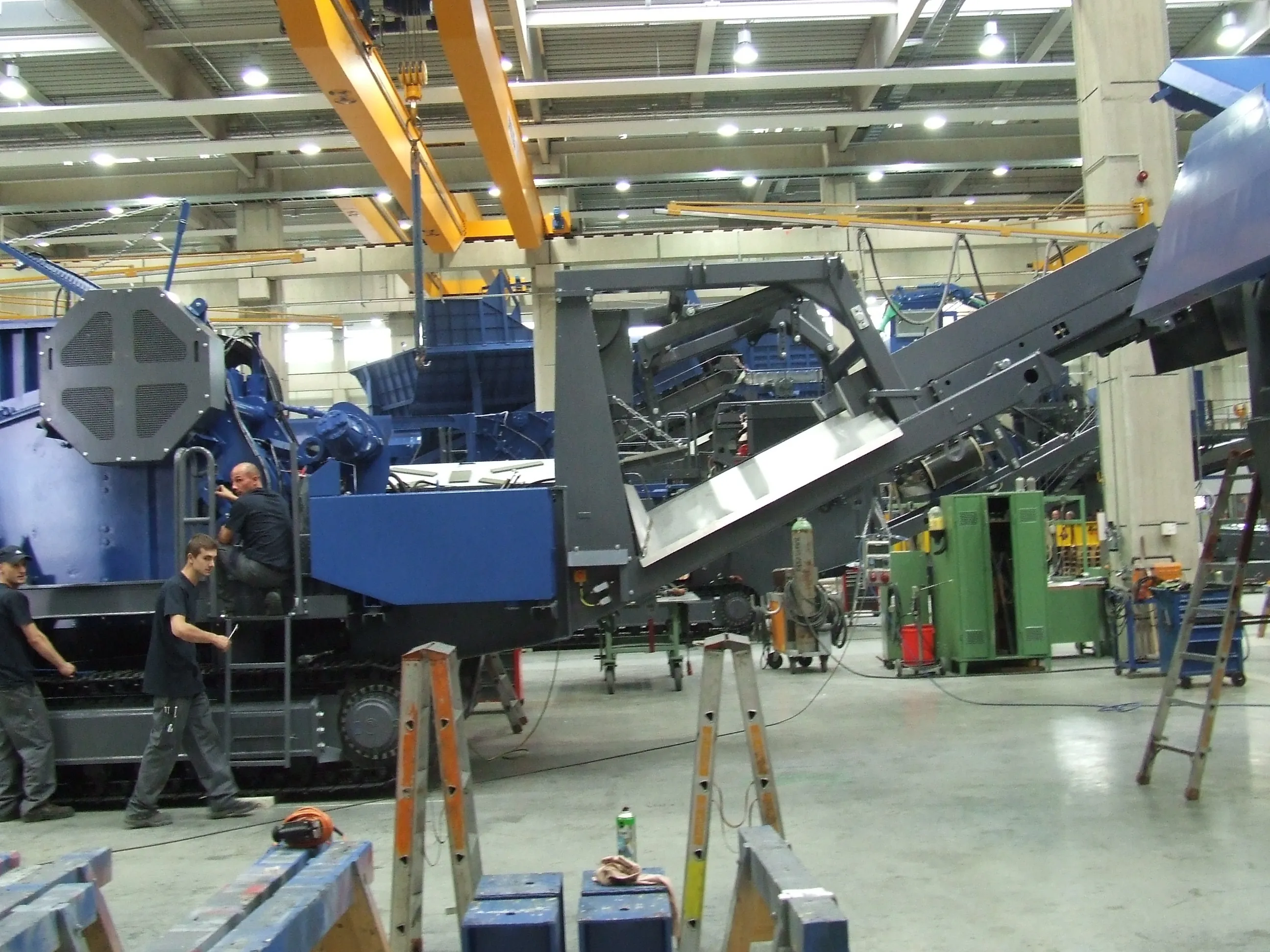Euro Auctions claims its latest sale in Germany has been a major success.
February 29, 2012
Read time: 2 mins
The total number of lots being offered at Dormagen this time was up 30% on the February sale and approaching the volumes achieved last autumn, which is regarded as the most popular time to upgrade existing plant. The overall number of sellers was also up by 16%, with an ever growing number of German companies entering equipment into the sale. Buyers from over 40 countries were represented at the sale, with a quarter (25%) of the 400 registered buyers being based in Germany. There were also a noticeable number of first time German registrations, highlighting the growing interest in Euro Auctions sales; and much of the equipment that went under the hammer is destined to remain in Germany.
The Netherlands, Poland and Russia also proved to be the new home for a significant amount of the plant purchased. In addition to activities at Dormagen, Euro Auctions regularly holds plant and equipment sales at Leeds in the UK and Valencia in Spain, as well as its well established sales at its home base of Dromore in Northern Ireland. Plant, machinery and equipment entries to be included in the next Dormagen sale on 15th-16th September are already being received.







